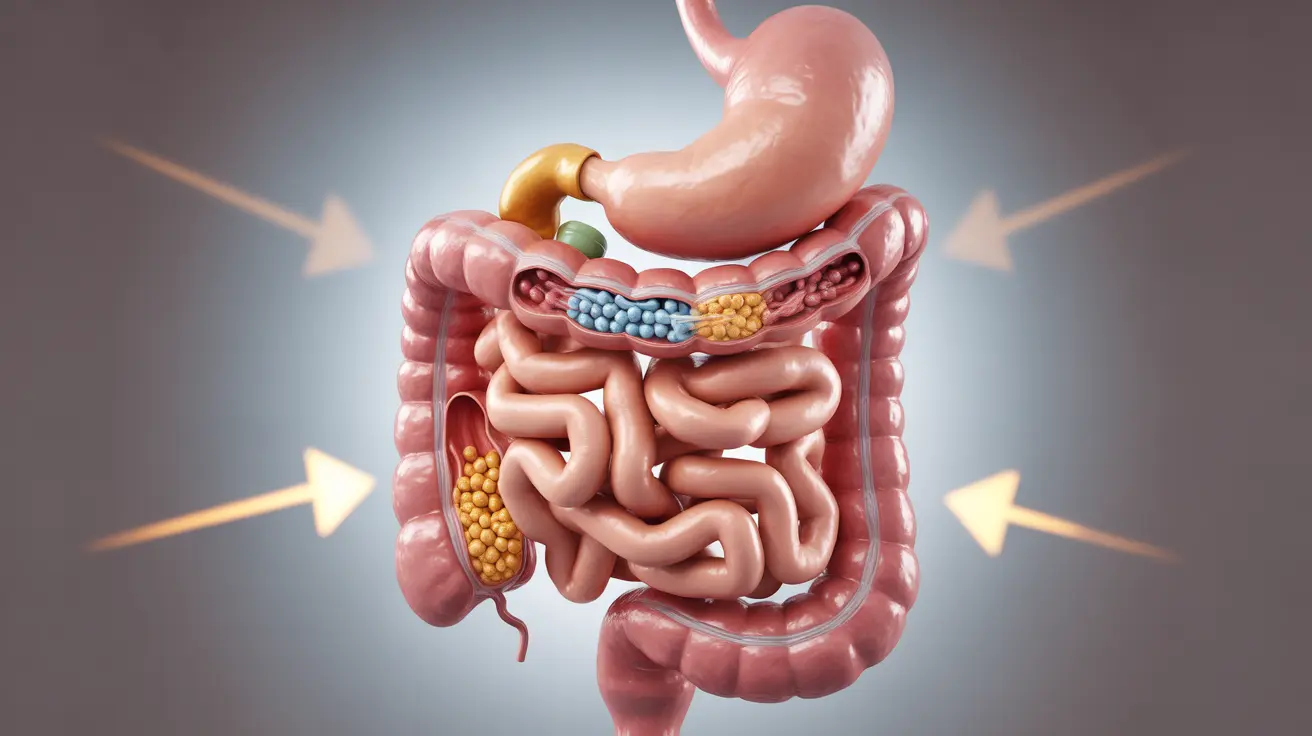Many people take vitamins and supplements to support their health, but sometimes these nutrients can have unexpected effects on digestion. If you've noticed changes in your bowel movements after starting supplements, you're not alone. Understanding how vitamins can affect your digestive system is crucial for maintaining both your nutritional and digestive health.
Certain vitamins and minerals are more likely to cause constipation than others, with iron and calcium being the primary culprits. Learning about these effects can help you make informed decisions about your supplement routine and take steps to prevent digestive issues.
Common Supplements That May Cause Constipation
Not all vitamins and minerals affect digestion equally. Here are the supplements most commonly associated with constipation:
Iron Supplements
Iron supplements are among the most frequent causes of supplement-related constipation. They can slow down digestion and make stools harder to pass. This is particularly common with ferrous sulfate, a widely used form of iron supplementation.
Calcium Supplements
Calcium supplements, especially when taken in high doses, can bind to other minerals in the digestive tract and lead to constipation. This effect is more pronounced with calcium carbonate compared to other forms of calcium.
Other Vitamin and Mineral Combinations
While less common, some people may experience constipation with:
- Vitamin D (especially when combined with calcium)
- Some forms of magnesium
- Certain multivitamin formulations
How Supplements Affect Digestive Function
Supplements can impact your digestive system in several ways:
- Slowing down intestinal movement
- Binding to other substances in the digestive tract
- Altering the absorption of water in the intestines
- Changing the composition of gut bacteria
Prevention and Management Strategies
To minimize the risk of supplement-related constipation, consider these approaches:
Timing and Dosage
Space out your supplements throughout the day rather than taking them all at once. Start with lower doses and gradually increase as needed, always following your healthcare provider's recommendations.
Hydration and Diet
Increase your water intake when taking supplements, especially iron and calcium. Include plenty of fiber-rich foods in your diet to support regular bowel movements.
Alternative Formulations
Consider different forms of supplements that may be gentler on your digestive system:
- Liquid formulations
- Slow-release versions
- Alternative mineral forms (like calcium citrate instead of calcium carbonate)
Frequently Asked Questions
Can taking iron or calcium supplements cause constipation? Yes, both iron and calcium supplements are known to cause constipation in many people. Iron supplements are particularly likely to cause this side effect, while calcium supplements may cause constipation, especially when taken in large doses.
How do vitamins and minerals like iron and calcium lead to constipation? These supplements can slow down digestive transit time and reduce water absorption in the intestines. Iron can directly irritate the digestive tract, while calcium can bind with other substances, making stools harder and more difficult to pass.
What can I do to prevent constipation caused by vitamin or mineral supplements? Take supplements with plenty of water, space out doses throughout the day, maintain a high-fiber diet, and consider alternative formulations. Regular exercise and staying well-hydrated can also help prevent supplement-related constipation.
Are multivitamins less likely to cause constipation than iron or calcium supplements alone? Generally yes, multivitamins are less likely to cause constipation because they contain lower doses of individual minerals compared to single-supplement formulations. However, some people may still experience mild constipation with multivitamins.
When should I see a doctor if I have constipation after starting vitamin supplements? Consult your healthcare provider if constipation persists for more than a week, causes significant discomfort, or is accompanied by severe pain, bloating, or changes in appetite. Also seek medical advice if you experience blood in stools or significant weight loss.




